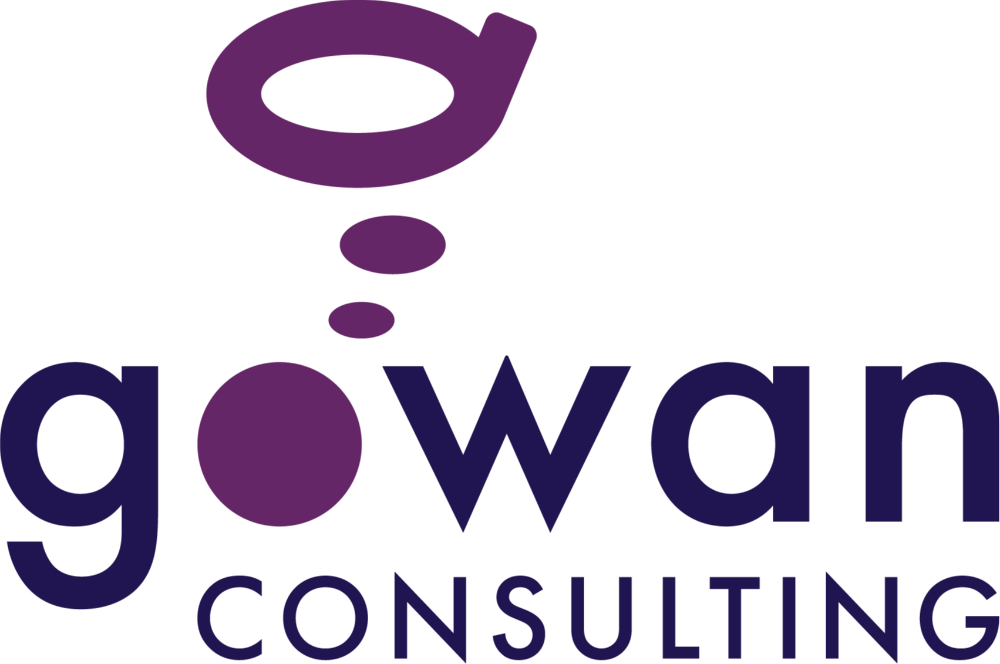A Guide for Employers to Understand and Manage Sick Notes
Feb 06, 2025
Historically, sick notes have been the standard documentation required for employees taking time off due to illness. Documentation is important for employers to manage absences fairly and consistently; however, there is growing concerns from healthcare providers about the efficiency and purpose of sick notes the workplace.
According to the Canadian Medical Association (CMA), eliminating sick notes could reduce 12.5 million health care visits per year.1 Canadian laws are changing to increase restrictions on sick notes to reduce the burden on the healthcare system. This blog will discuss the best practices for employers moving forward when requesting sick notes from employees with both short-term illness and long-term illness or chronic conditions.
Note that this site information is for educational and informational purposes only and does not constitute medical or legal advice. Please review the applicable laws and regulations in your region for more information.
Sick Notes for Short-Term Illnesses
In the CMA’s position paper on eliminating sick notes, they suggest that sick notes are ineffectual at proving actual employee illness and can actually be used to discriminate against employees who are unable to access healthcare. As an alternative, they recommend alternatives such as self-certification and flexible leave policies.
Recent legal developments across Canada have aimed to regulate the use of sick notes. In Ontario, as of October 28, 2024, under the Working for Workers Five Act, employers can no longer request sick notes for up to three days of sick leave annually. Instead, employers may ask for other reasonable evidence, such as self-attestation forms from employees. Seven jurisdictions in Canada have similar legislation in place around short-term illnesses.
Employers may feel the need verify short-term absences. However, trusting employees can reduce the stigma around illness and remove pressure from employees to justify their health needs—while also reducing the administrative burden. If an absence is suspicious, employers can still investigate and require other forms of proof other than medical documentation.
When Are Sick Notes Necessary?
Sick notes may still be required for employees with long-term illness or chronic conditions. Medical documentation can provide valuable information to employers regarding the duration and severity of an illness or injury, which is essential for making informed decisions regarding work accommodations, modifications to the work environment, and planning for an employee's return to work.
Best Practices for Employers to Handle Long-Term Illnesses or Chronic Conditions
Establish Clear Policies: Employers should have a comprehensive policy outlining the requirements for sick notes, the duration of absences that necessitate a sick note, and the procedure for requesting one. Consistency in policy application is crucial to avoid discrimination or favoritism.
The policy should also cover preventative care, accommodations, and return to work policies. Considerations should include the types of work adjustments that are considered “reasonable accommodation” for the organization, the length of requirement for accommodations or time away from work, how private employee health information will be handled and stored, and how to manage requests for any specific contraindications that might cause safety risks to the employee, the coworkers, or the public.
Consider Functional Abilities: When reviewing sick notes, employers should focus on functional abilities, including physical, sensory, cognitive, and behavioural abilities, rather than a specific medical diagnosis. Employers do not have the right to know an employee’s medical information. This approach ensures a fair assessment of an employee's capacity to perform job duties, helps identify suitable accommodations, and maintains employee confidentiality.
Employers should work closely with healthcare professionals such as Occupational Therapists to understand the functional limitations and requirements of employees with illnesses or injuries.
Stay in Communication: Employers should maintain open lines of communication with employees who are sick to check on well-being, monitor the effectiveness of accommodations, and discuss return-to-work plans. Regular check-ins can provide opportunities for employees to share any changes in their condition or accommodation needs and can also contribute to a smoother transition back to work.
Educate Managers and Employees: Employers should provide training to managers and supervisors to enhance their understanding of long-term illnesses and chronic conditions, including their potential impact on work performance and productivity. Education should include how to approach conversations about return to work and stay at work needs. This education ensures that employees' rights are respected and that the process remains unbiased and supportive. Similarly, employees should be educated on available resources, support mechanisms, and the process for requesting accommodations.
How Can Gowan Consulting Help?
Gowan Consulting offers a range of services to support employers in handling long-term illnesses or chronic conditions in the workplace. From policy development to assessments, job coaching, and leadership training, we provide the expertise and resources necessary to ensure a fair, compliant, and supportive approach to managing employees with ongoing health conditions.
- Contact us to conduct an audit of your accommodation and return to work program and policies. We will work closely with you to understand your organization’s unique needs, provide recommendations, and develop tailored policies that align with best practices.
- Make a referral for an accommodation assessment conducted by an expert Occupational Therapist. Our assessment reports clarify an employee’s functional abilities, identify specific job demands, and guide accommodation planning and decision-making.
- Make a referral for Occupational Therapy job coaching to equip employees with the necessary tools and skills to sustain their stay at work and effectively manage their long-term health conditions.
- Our inclusive leadership training sessions educate leaders on how to approach conversations with employees about accommodations, return to work, and stay at work needs. By fostering inclusive leadership practices, organizations can create a supportive and understanding environment that promotes the well-being and productivity of employees with long-term illnesses or chronic conditions. Book a consultation to learn more about our customized training opportunities for your organization.
Works Cited
[1] Canadian Medical Association. (October 28, 2024). CMA calls for elimination of workplace sick notes to create more health care capacity.https://www.cma.ca/about-us/what-we-do/press-room/cma-calls-elimination-workplace-sick-notes-create-more-health-care-capacity

